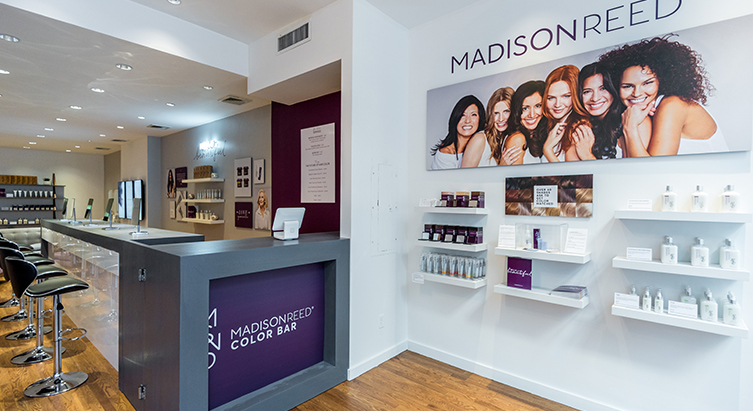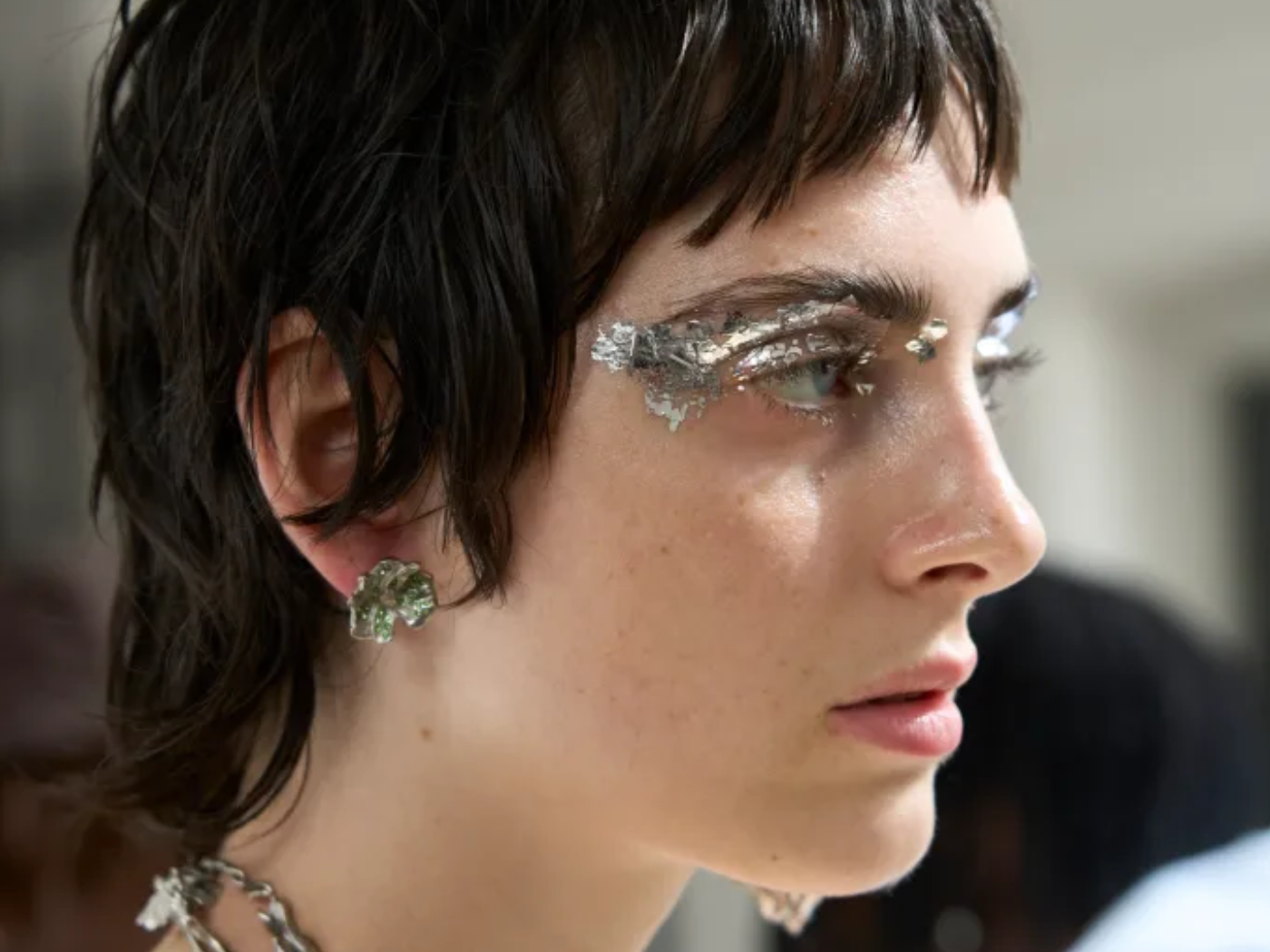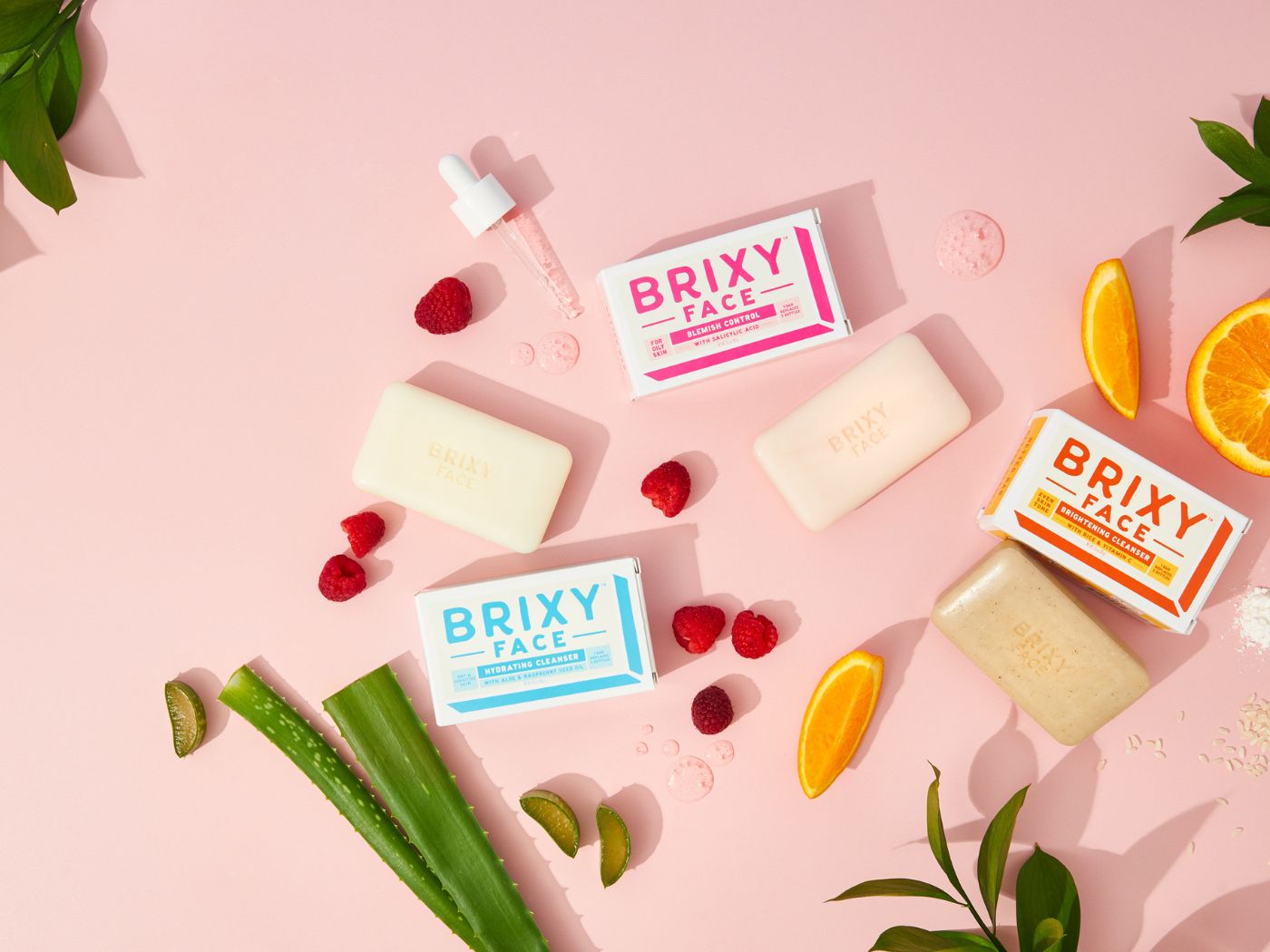Madison Reed, the San Francisco-based online retailer that offers high-end, at-home hair color, has opened their first color bar at 7 West 19th Street in Manhattan. The store, which debuted in late December, joins the Flatiron’s growing beauty retail hub, including NYX, L’Occitane, Rituals, Aveda, Naturopathica, Skin Laundry, M.A.C and Sephora.
Jumping on the trendy speedy-service train, color bar customers are promised customized color or root touch ups for $45 in 45 minutes. The five-station express salon also offers gloss treatments and blowouts. Extended hours, coupled with the company’s original concept—result-driven, Italian-made product formulations that are 100-percent free of ammonia, resorcinol, PPD, parabens, phthalates, and gluten—make Madison Reed an alluring option.
Much of the company’s marketing plan was mirrored after what Co-founder and CEO, Amy Errett, a former venture capitalist, calls her omni-channel strategy.
“The first goal was to create a community using technology to enable us to color match correctly. Then we built a core group of women to see if the products were efficacious and worked well. Then we moved into e-commerce. That was followed by product expansion. We started with 25 colors and now offer 40,” she explained. “Then we added glosses and root touch-ups and sold select products at Sephora, QVC and through high-end retailers. Now we’ve taken our first step into our own retail door.”
Thanks to customer enthusiasm, 18 salons use Madison Reed products, too. It’s a model that’s proven successful for the brand.
Madison Reed started shipping products in 2014. Today more than 55,000 color kits are mailed to women on a monthly basis. The company’s main consumer is approximately 40-years-old, a professional and is a mother who wants to address her grays or cover her roots. Thirty-percent of clients are salon color users, 50-percent use at-home products, and the remaining 20 percent do both.
“The majority of our customers are not coloring for fashion, they’re coloring because they don’t want to show the outgrowth of roots,” Amy said. “Deciding to open a store was a combination of several things. The market now accepts and understands brow bars and dry bars, and it’s now open to speed concepts within these categories. So the timing felt right to us.”
To match one’s color, all one needs to do is answer 12 questions on a color quiz, and thanks to a savvy and sophisticated algorithm, a recommended color swatch is suggested. Presently, the company has 1.8 million hair profiles.
This past November, they also launched Madi, a virtual Chatbot colorist created from impressive mobile technology that looks to help consumers find their ideal shade. Consumers simply send a selfie and through Facebook messenger or an SMS text, and the dialogue begins.
“There’s no magic. It’s getting the customer that box perfectly on time, and then delivering on the promise we’ve made. That’s what’s most important,” she added. “We’re a test-and-learn organization. Opening the store added to the essence of the brand and allows us a great chance to expose our new customers to our products through the immersed brand story while learning how to use them, seeing how easy a process it is. If this works for us, you’ll see more. That’s the agility of the start-up environment.”




